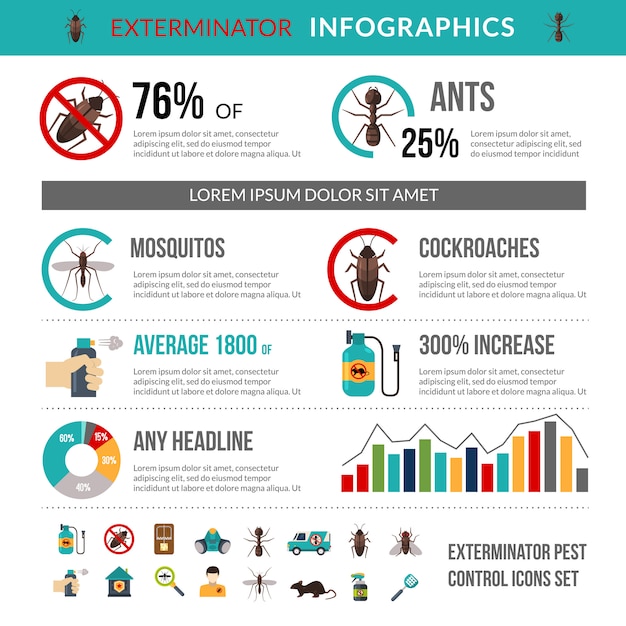Taking Care Of Rodent Infestations: Insights Right Into Rat Psychology
Taking Care Of Rodent Infestations: Insights Right Into Rat Psychology
Blog Article
Web Content Created By-Cunningham Corbett
When it comes to rodent control, recognizing common rodent behavior is crucial to efficiently managing problems. Did you know that rats have some interesting nesting practices that might amaze you? By discovering their complex actions, you can acquire valuable insights right into just how to tackle rodent concerns in a more critical and efficient manner. So, allow's unravel the secrets behind these animals' activities and discover exactly how to outsmart them in your rodent control efforts.
Rat Nesting Habits
When observing rats in their natural environment, you'll discover that they actively seek products to build their nests. Rodents, such as computer mice and rats, are clever animals that use a selection of things like twigs, leaves, paper, and material to build their homes. They're careful in their nest-building procedure, frequently lining their nests with softer materials like fur or plumes to develop a comfortable environment.
Rodents prefer to construct their nests in concealed and safe places to protect themselves and their young from predators. Usual nesting areas consist of wall cavities, attic rooms, cellars, and even within insulation materials. By constructing their nests in these private areas, rodents can securely raise their children away from possible risks.
It is vital to recognize the nesting routines of rodents when implementing control steps. By interrupting their nests or removing products, you can inhibit rodents from establishing a presence in your house or property. Correct cleanliness and sealing entrance factors are also vital action in stopping rodent problems.
Rodent Feeding Patterns
After observing rodents' nesting habits, it ends up being evident that their feeding patterns play a critical role in their every day lives and habits. Rodents, consisting of computer mice and rats, are opportunistic feeders, meaning they'll consume whatever food source is conveniently offered. They're largely nocturnal animals, favoring to forage for food throughout the cover of evening to avoid predators.
Rats have a diverse diet regimen, ranging from grains, seeds, fruits, and veggies to bugs, nuts, and also little pets. This flexibility in their food selections permits them to prosper in various settings, consisting of urban locations where human food sources are abundant.
Their feeding patterns aren't only driven by cravings yet also by the demand to stock food for times of shortage. This actions is especially noticeable in preparation for cold weather or when nesting. Rodents are recognized to hoard food in their nests or burrows, ensuring a constant food supply. Recognizing their feeding patterns is necessary in carrying out efficient rodent control procedures to disrupt their food resources and prevent invasions.
Rodent Motion and Travel
Rodents navigate their environments with dexterity and stealth, utilizing their keen senses to move swiftly with their settings. These creatures are experienced mountain climbers, able to range walls and upright surfaces with ease. visit web site can likewise squeeze with surprisingly small openings, making it important to seal off any potential entrance factors in your home.
When it involves traveling, rats often tend to adhere to familiar courses, developing routes along walls or skirting the edges of rooms. backyard mosquito control of habit, frequently staying with these developed paths as they forage for food or discover their environments.
Rodents are understood for their nighttime practices, so you may hear them scampering about at night as they search for food and water. Their movements fast and erratic, allowing them to dart in and out of sight in the blink of an eye.
Comprehending just how rodents move and take a trip can assist you determine possible invasion locations in your house and take proactive actions to avoid these pests from gaining a grip.
Verdict
As you work to manage rats in your house, bear in mind that comprehending their behavior is vital. By recognizing their nesting habits, feeding patterns, and movement, you can properly protect against invasions.
Coincidentally, by taking positive measures to remove food resources and seal off entrance factors, you can interrupt their acquainted paths and compel them to seek out brand-new locations, eventually reducing the chance of rodent presence in your space.
